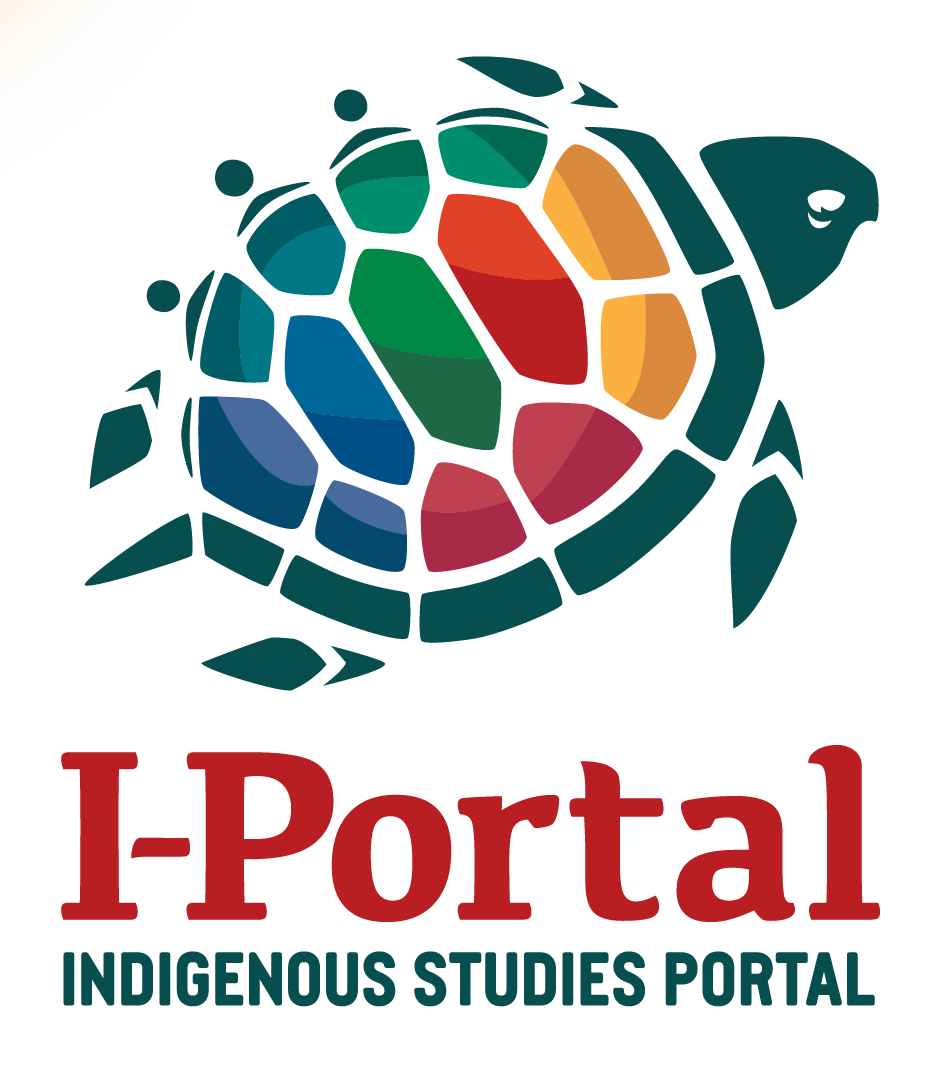Threads of Hope: The Living Healing Quilt Project
Articles » Scholarly, peer reviewed
Author/Creator
Kirsty Robertson
English Studies in Canada, vol. 35, no. 1, [Special Issue: Aboriginal Redress], March 2009, pp. 85-107
Description
Discusses how a series of quilts were created to give a historical account of the residential school experience, help people to heal, and encourage reconciliation between Aboriginals and non-Aboriginal Canadians.
